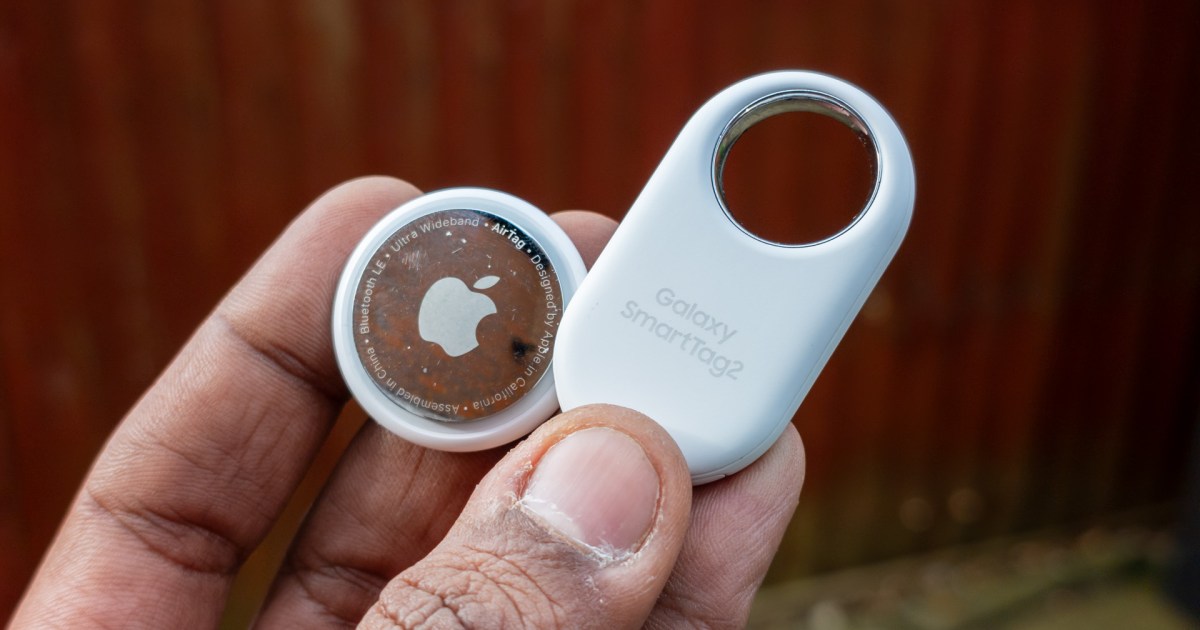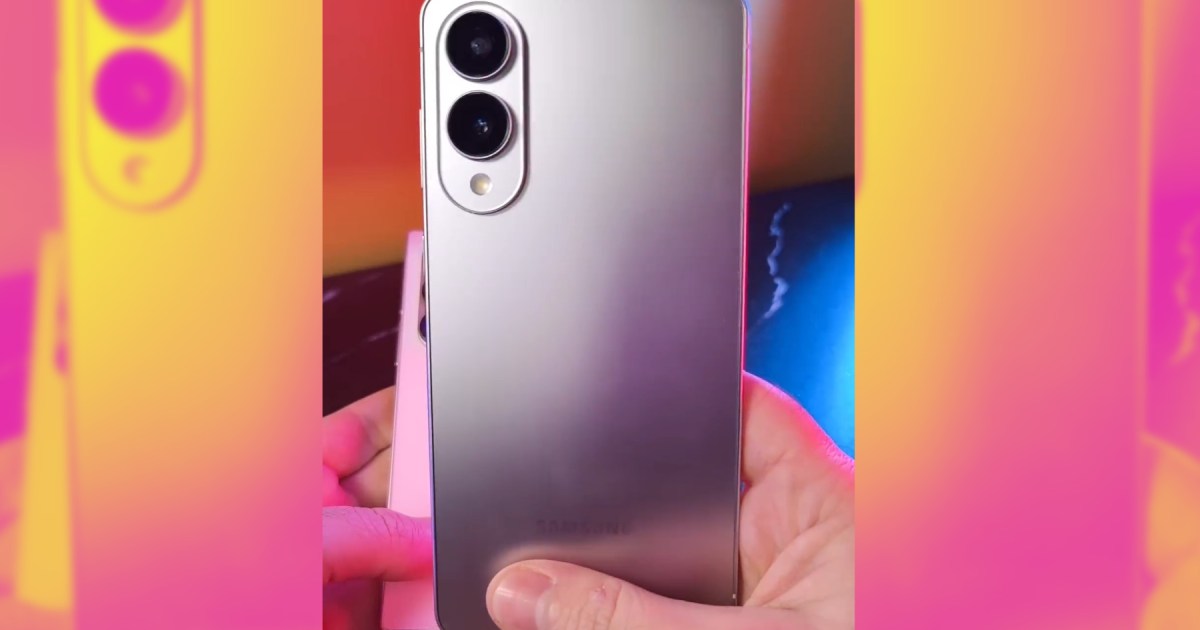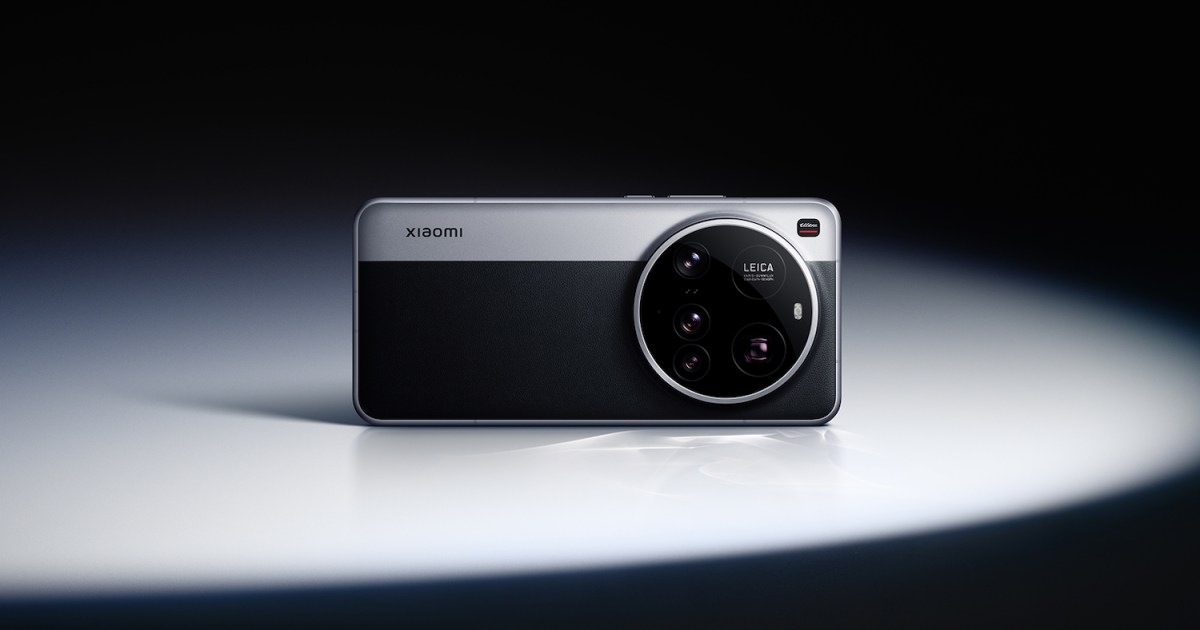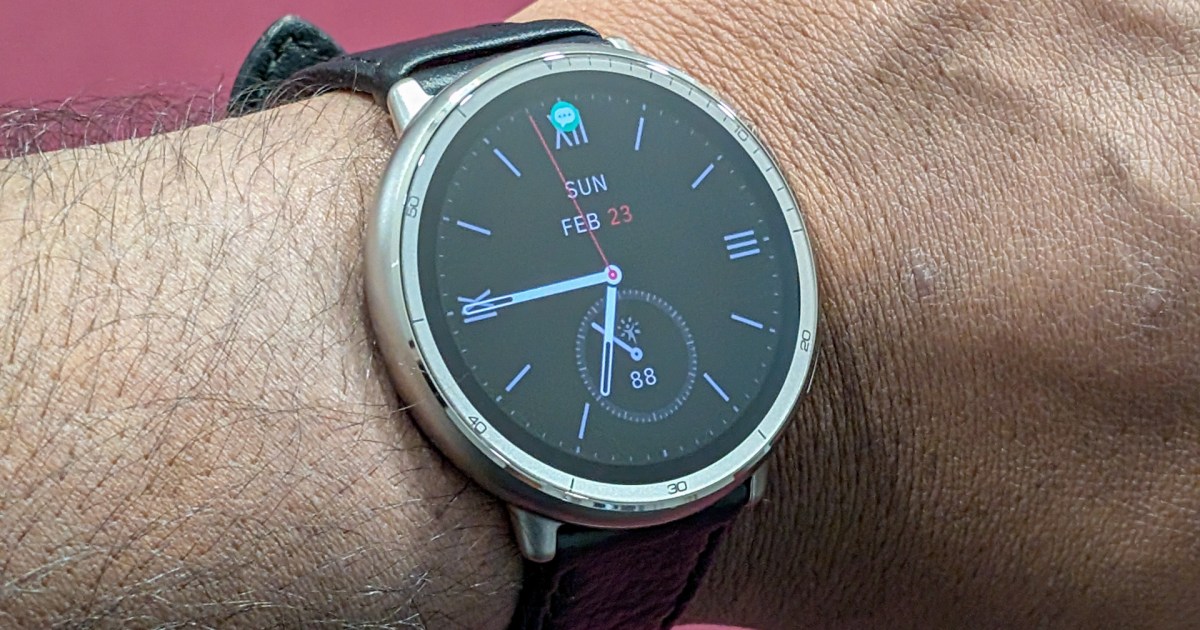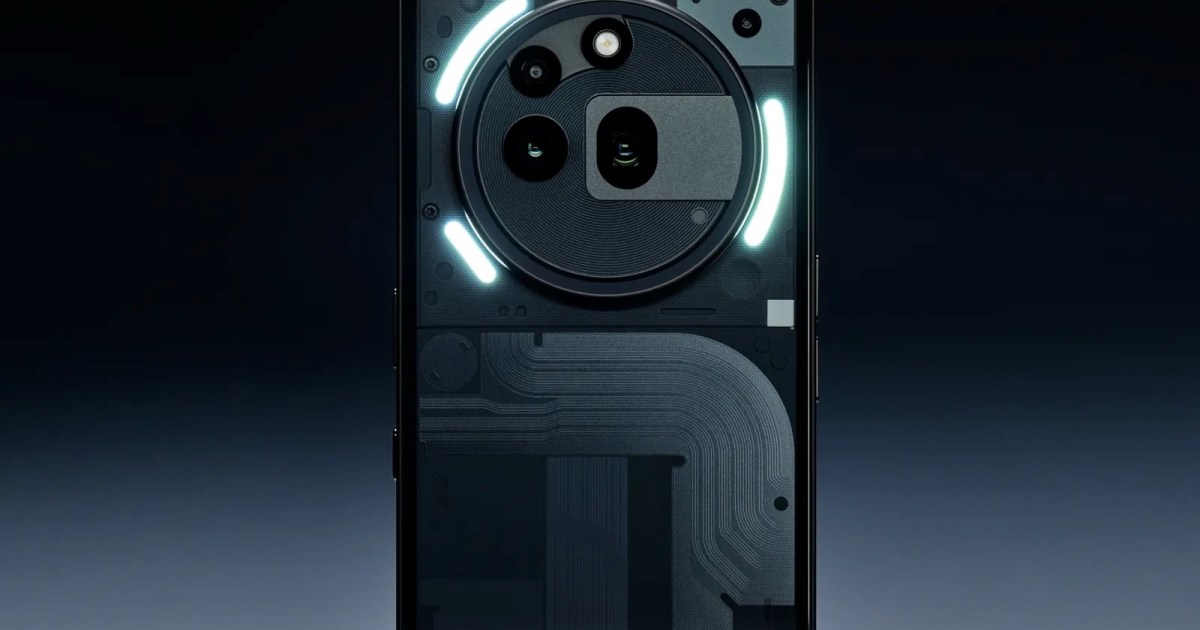The Apple AirTag has become synonymous with travel security, providing peace of mind for millions. But with the rise of competitors like the Samsung Galaxy Tag 2, is Apple’s tracker still the best choice for globetrotters? This article dives deep into the strengths and weaknesses of both, comparing real-world performance across different regions to help you choose the perfect travel companion.
The Unrivaled Reach of Apple’s Find My Network
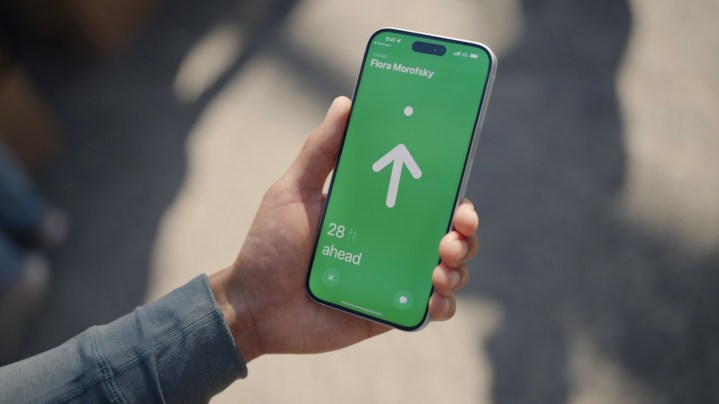
While Android rivals are playing catch-up, Apple’s Find My network has a decade-long head start. This network leverages the vast global presence of iPhones, iPads, and Macs to pinpoint your AirTag’s location. The sheer number of Apple devices in circulation significantly increases the likelihood of your lost luggage being detected, even in remote areas.
Why AirTags Are a Traveler’s Best Friend
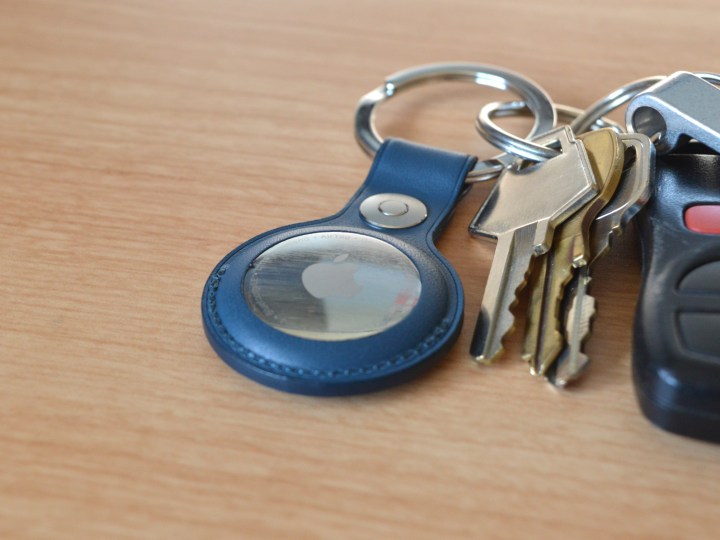
Frequent flyers have long lauded the AirTag’s travel benefits, and recent experiences solidify its reputation. Airline baggage tracking systems are notoriously unreliable, but the AirTag offers real-time updates on your luggage’s whereabouts. This removes the anxiety of wondering if your bag made it onto the flight and allows you to track its journey from departure to arrival.
Location, Location, Location: Performance Varies by Region
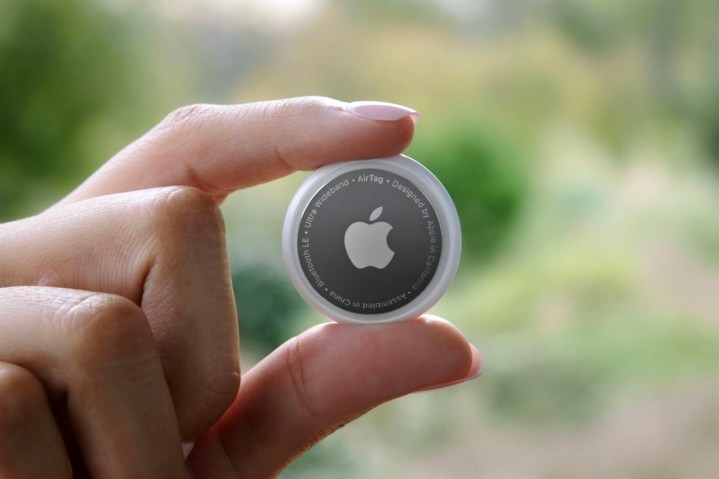
The AirTag boasts a 30-foot tracking range, but the ubiquity of Apple devices ensures consistent connectivity almost anywhere. While an iPhone, iPad, or iPod Touch running iOS 14.5 or later is required for tracking, this still encompasses a vast user base. Additionally, growing airline adoption of AirTag location data for lost baggage recovery further strengthens its appeal.
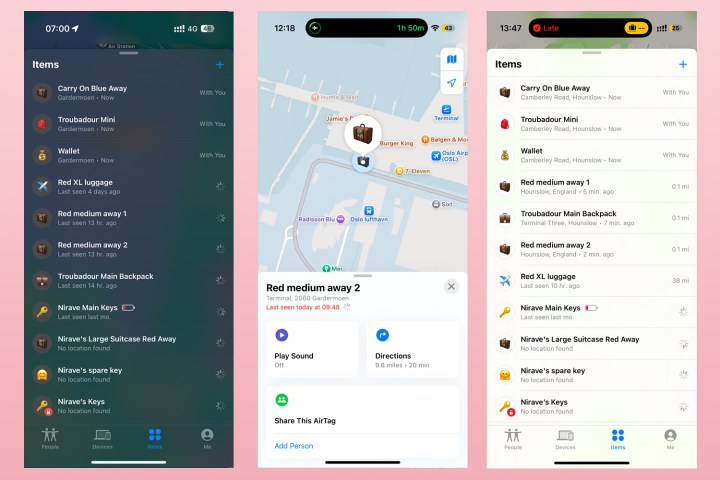
The Galaxy Tag 2, with its impressive 120m range and compatibility with numerous Samsung devices, appears superior on paper.
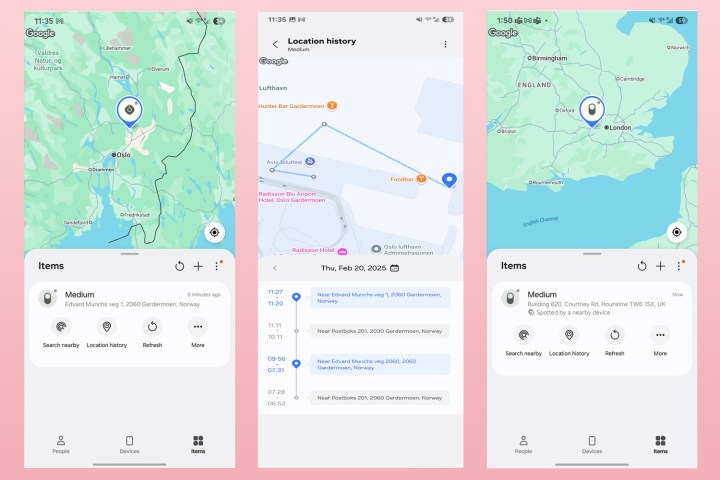
Real-world testing reveals varying performance. In the US, Europe, and the Middle East, the Galaxy Tag 2 often outperforms the AirTag in reliability and consistency. Its location history feature, absent in the AirTag, provides valuable insights into an item’s past movements. However, in regions like India, the Galaxy Tag 2’s performance can lag, taking longer to locate compared to the AirTag.
The Verdict: AirTag Still Holds the Edge
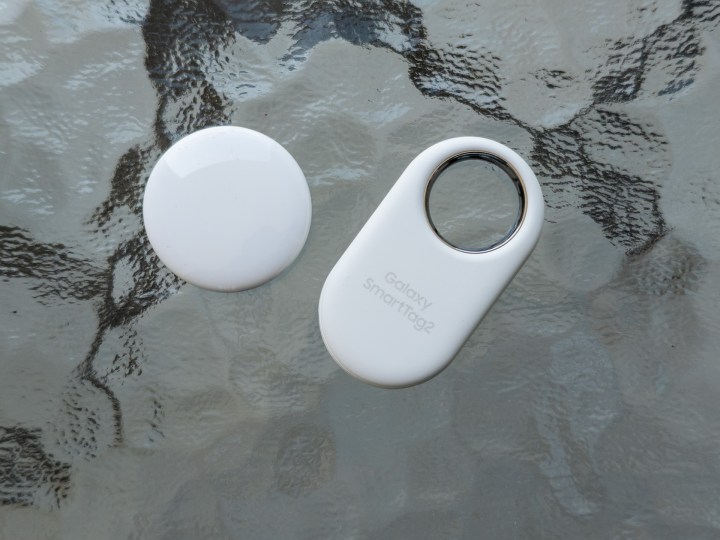
While the Galaxy Tag 2’s features and performance are commendable, the AirTag’s crucial advantage lies in its widespread airline support. This integration significantly streamlines the lost baggage retrieval process. Until airlines extend support to other trackers, the AirTag remains the most reliable solution for travel peace of mind. If you’re an iPhone user, the AirTag is the clear winner. For Samsung users, the Galaxy Tag 2 presents a strong alternative, especially for domestic travel. However, for international journeys, the AirTag’s airline integration makes it the ultimate travel essential.



